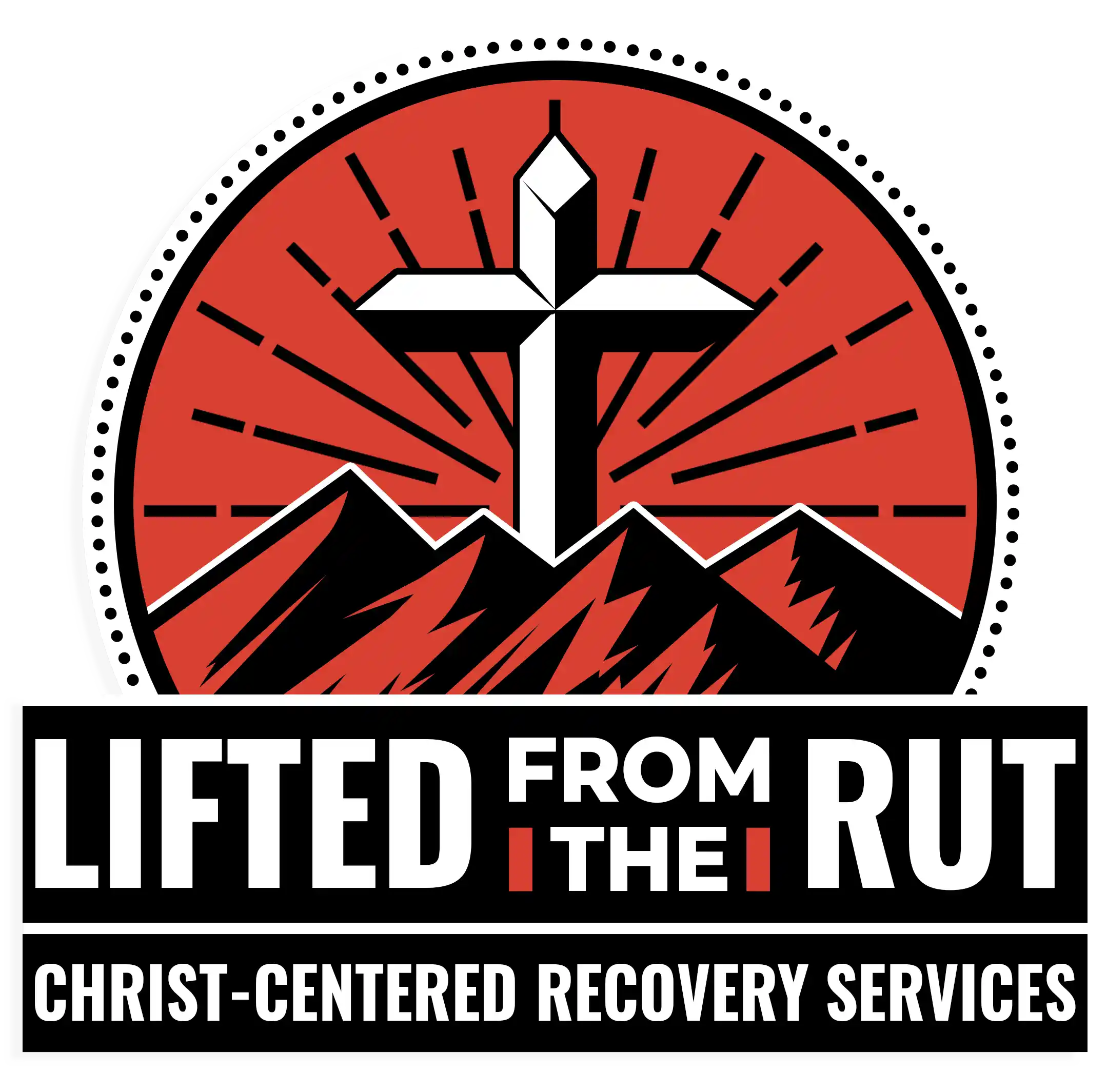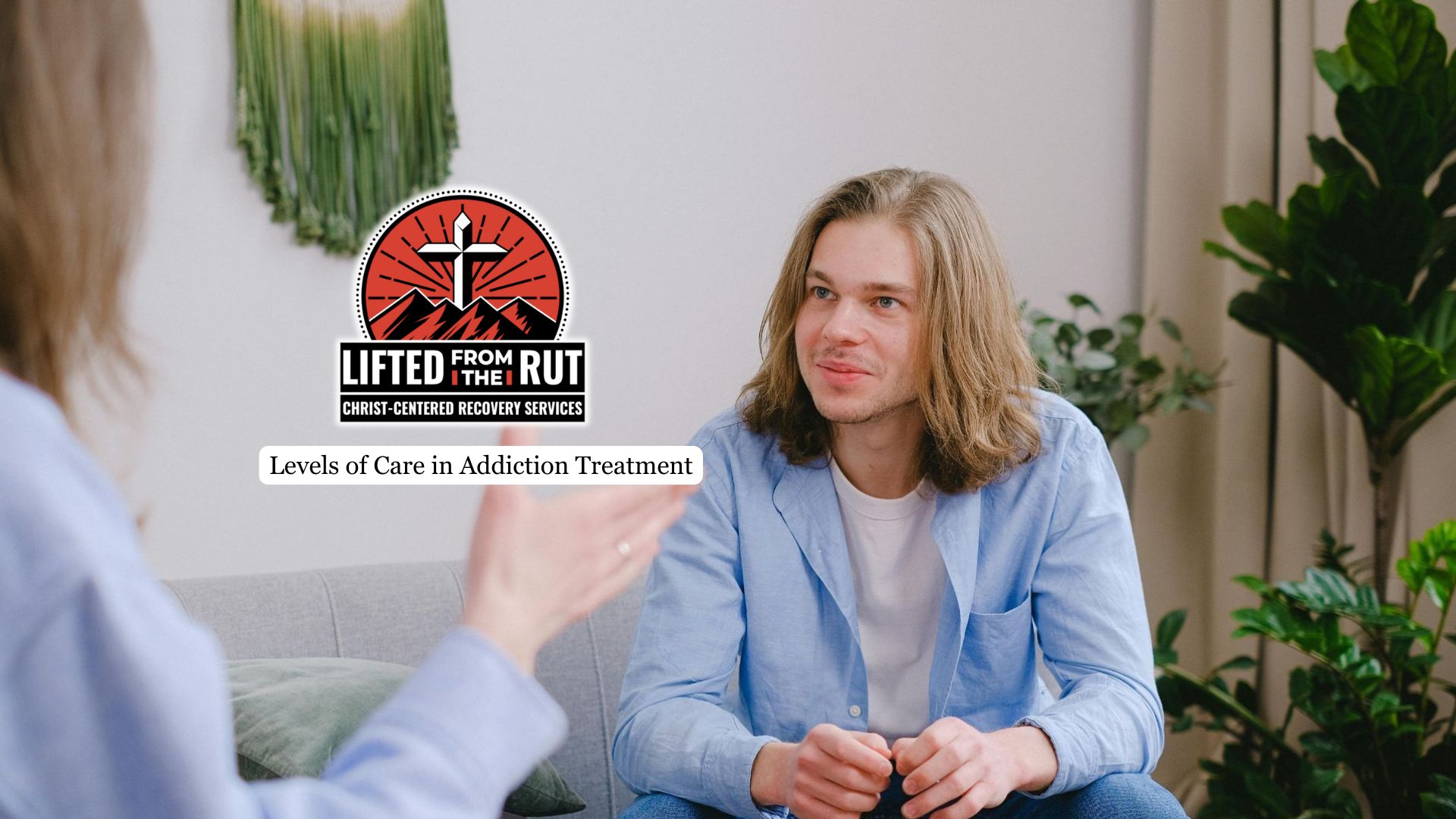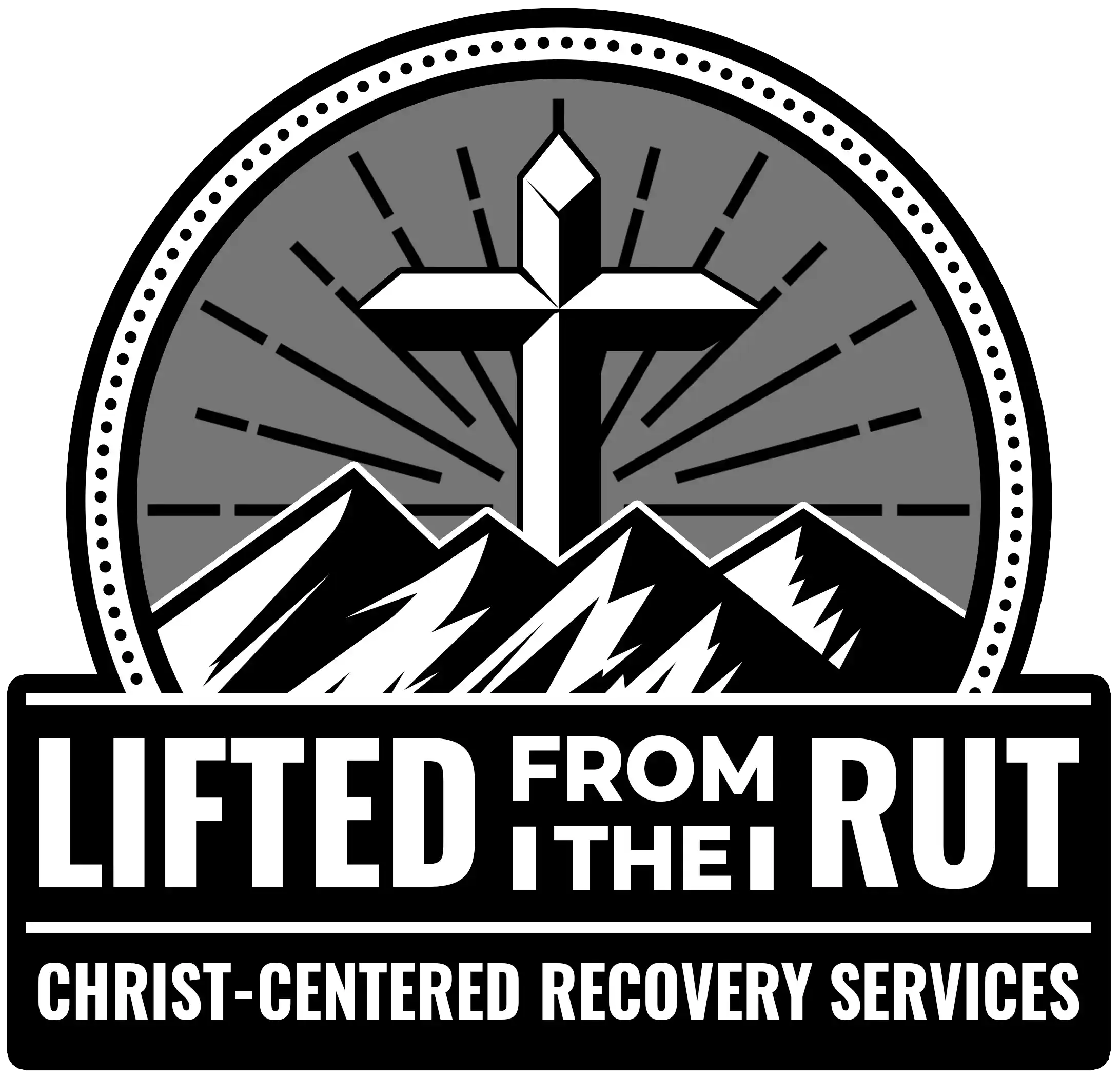Addiction affects people in different ways, and effective treatment must reflect that. The levels of care in addiction treatment help match each person to the correct type of support based on the severity of their substance use, medical needs, and recovery goals. This system, known as the continuum of care, is guided by standards from the American Society of Addiction Medicine (ASAM).
In this article, we’ll explain the different levels of care in addiction treatment, how they work, and why choosing the right level is critical to long-term recovery.
The Foundation of the Continuum: ASAM’s Five Levels of Care
The ASAM criteria define five primary levels of addiction treatment, each representing a distinct degree of clinical intensity and support. This system helps professionals and patients understand the treatment services needed at any recovery point. From early education and prevention to medically managed detox, the levels offer a roadmap to match patients with the right treatment. The process ensures that treatment takes place in a setting suited to the individual’s physical, psychological, and social needs.
Level 0.5 and Early Intervention Services
At the lowest end of the continuum is Level 0.5, which includes early intervention services. These programs are designed for individuals at risk of developing a substance use disorder but who may not yet meet diagnostic criteria. Education, counseling, and behavioral strategies are applied to reduce risky behaviors before they escalate.
This lower level of care often plays a preventative role and helps individuals recognize the symptoms of a substance use issue before it intensifies.
Level 1: Outpatient Treatment Services
Level 1 refers to traditional outpatient treatment programs. These services are suitable for individuals who are struggling with substance use but can manage their daily responsibilities. Clients attend weekly sessions for a few hours, receiving therapy, support, and relapse prevention strategies.
This outpatient level of care is appropriate for those with mild to moderate symptoms and strong external support systems. It is often used as a step-down level of treatment after more intensive care.
Level 2: Intensive Outpatient and Partial Hospitalization Programs
Level 2 encompasses intensive outpatient programs (IOP) and partial hospitalization programs (PHP). These treatment options offer a middle ground between outpatient and inpatient care. In Level 2.1, or IOP, patients receive treatment services multiple times per week while maintaining some autonomy. Level 2.5, or PHP, offers day treatment, including clinical supervision and structured programming during the day, without overnight stays.
These levels support individuals needing frequent clinical contact to manage substance use treatment and develop recovery skills, but do not require 24-hour supervision.
Level 3: Residential and Inpatient Treatment Services
Level 3 provides a more immersive treatment environment through residential treatment or inpatient services. It is suitable for individuals with severe substance use disorders and co-occurring disorders that impair daily functioning. Within this category, several sub-levels serve different needs:
- Level 3.1: Clinically managed low-intensity residential services focus on counseling and community support.
- Level 3.3: Population-specific high-intensity residential services address cognitive impairments and specialized needs.
- Level 3.5: Clinically managed high-intensity residential services provide structure and peer support for those with persistent substance use.
- Level 3.7: Medically monitored high-intensity inpatient services offer 24-hour care for individuals needing medical oversight.
These different levels of care within residential settings help match the level of treatment to the severity of the disorder, ensuring a safe and therapeutic environment for stabilization and growth.
Level 4: Medically Managed Intensive Inpatient Services
At the most intensive end of the spectrum is Level 4 care, which delivers medically managed high-intensity inpatient services. This level is reserved for individuals undergoing detox, those with serious health complications, or those at risk of harming themselves or others.
Treatment at this level includes constant medical supervision, medication-assisted treatment, and crisis stabilization. Often referred to as acute care, it addresses both substance use and mental health crises with round-the-clock clinical support.

Transitioning Between Levels of Care
Patients may transition to another level as their needs evolve. For example, a person may begin treatment in inpatient treatment and move to intensive outpatient or outpatient services as progress is made. This adaptability is a strength of the continuum of care, ensuring that treatment remains relevant and practical at every stage.
Treatment professionals and addiction counselors play a vital role in evaluating progress and making appropriate treatment recommendations throughout the treatment process.
Matching Treatment to Individual Needs
Understanding the various levels of care allows individuals and families to find the type of treatment that aligns with their circumstances. Factors like medical stability, psychological readiness, support systems, and co-existing conditions influence the best treatment program.
A high-quality treatment center will assess each person thoroughly before beginning care, ensuring that their care meets their current treatment needs. Whether it’s a short-term detox, behavioral health counseling, or long-term residential treatment, the key is personalization and flexibility.
Integration of Faith with Clinical Treatment
Recovery involves healing the spirit, soul, and body. Integrating a faith-based approach with clinical treatment addresses both the physical and spiritual aspects of addiction. This approach is beneficial at every level of care, from outpatient to more intensive treatments.
Incorporating Bible study, prayer, and spiritual guidance provides spiritual support throughout recovery. Combining evidence-based practices with Christian principles helps individuals achieve lasting recovery, emphasizing that healing is not just about sobriety but also spiritual renewal and realigning life with a higher purpose.
Final Thoughts from Lifted From The Rut
At Lifted From The Rut, we understand that overcoming addiction requires more than just clinical treatment—it’s a journey of faith and healing. Our Christian-centered recovery services in Littleton, Colorado are designed to guide individuals through every step of recovery, blending faith-based counseling with evidence-based approaches. Whether you need outpatient or intensive outpatient programs, we offer a compassionate and supportive environment that helps you rebuild your life and discover your God-given purpose.






